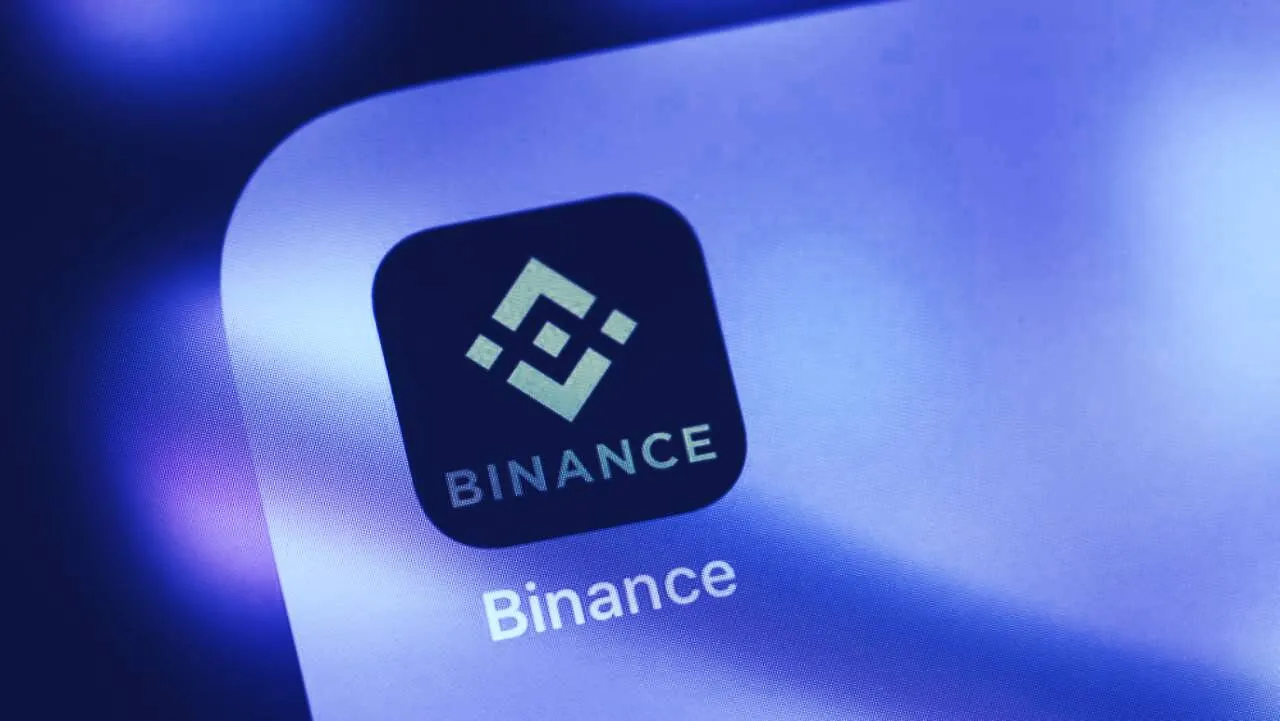In brief
- Binance is launching a cloud-based exchange solutions service, Binance Cloud.
- Binance Cloud will allow aspiring crypto exchanges to make use of Binance’s infrastructure.
- The "all-in-one" infrastructure solution officially opened for applicants on February 17.
Crypto exchange Binance is going back to its origins by launching a cloud-based exchange solutions service, Binance Cloud. The exchange intends to levy its early experience in cloud-based solutions by lending Binance’s tech infrastructure to crypto exchange start-ups.
Harnessing the “huge” demand for crypto exchanges, Binance Cloud will allow aspiring crypto exchanges to make use of Binance’s infrastructure—inclusive of the exchange’s matching engine, trading risk controls, and big data security system, according to a Binance blogpost.
“Theoretically speaking, we can let anyone in the world create their own exchanges, and the demand is huge,” said Binance boss Changpeng “CZ” Zhao in an interview with Bloomberg. “Even during the crypto winter of 2018 and 2019, hundreds of new exchanges popped up every day.”
Binance Cloud officially opened for applicants on February 17. The “all-in-one” infrastructure solution will feature a user interface, permitting partners to manage funds, trading pairs, coin listings, as well as depth-sharing with the Binance exchange.
https://t.co/FagWNx3whH pic.twitter.com/Z01RuSES3P
— CZ Binance 🔶🔶🔶 (@cz_binance) February 7, 2020
Per the blog post, the cloud venture intends to “limit the technical challenges” for exchange start-ups, allowing them to focus on the user instead—something that Binance believes will “accelerate the global adoption of crypto.”
Binance: Back to Bijie tech
With this latest cloud-service enterprise, Binance follows in the footsteps of tech colossi such as Google and Amazon. But it’s nothing new for the exchange.
Binance was formed out of Bijie Technology, a company that offered cloud-based exchange software. As reported by Decrypt, the company serviced over 30 exchanges before rebranding and using its own product to build the Binance exchange.
It kept the same staff and the same offices, before it was kicked out of China and decamped to Malta—although few staff actually work there.

